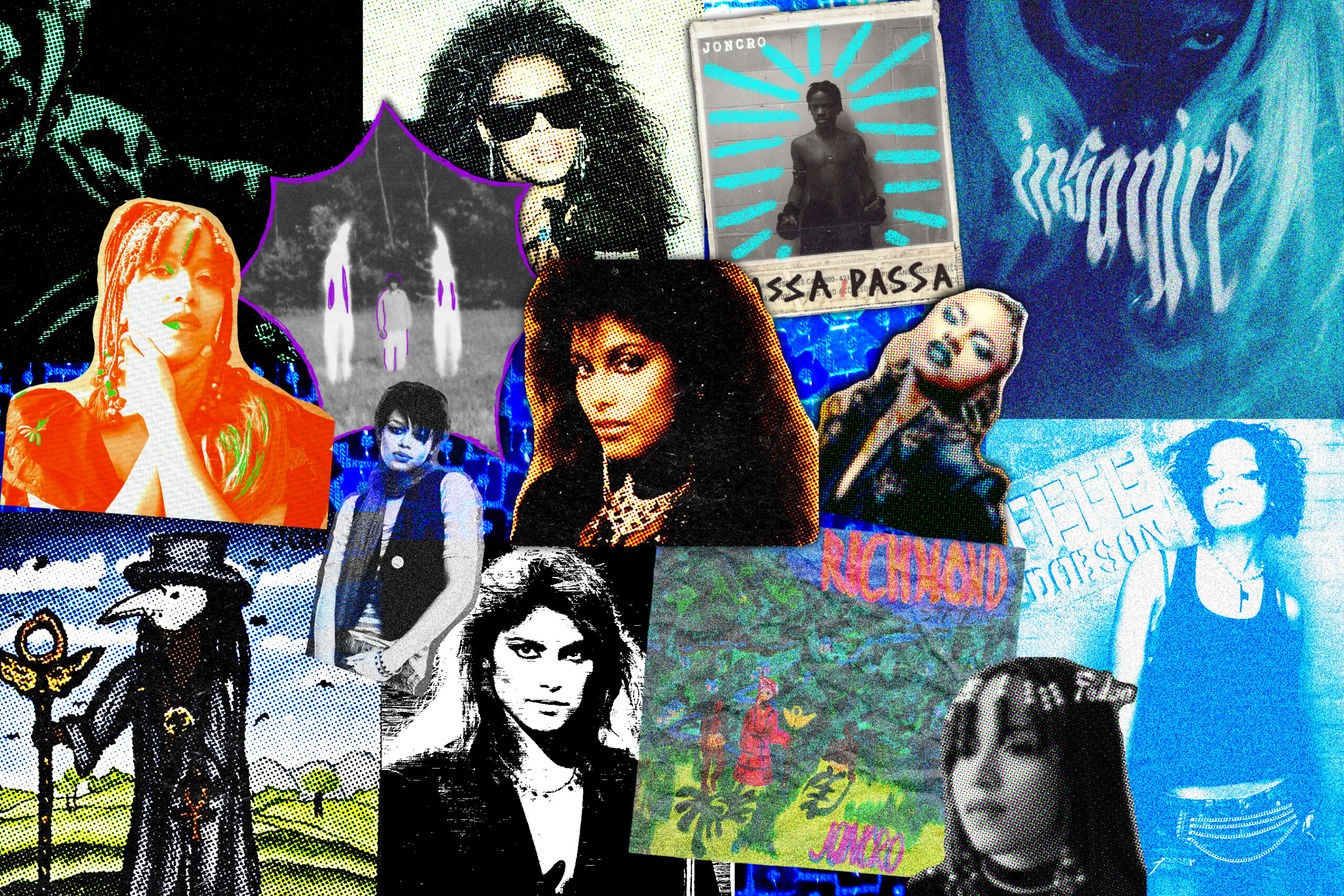Canada’s history of oppression: These 5 Canadian books and authors bring truth into the limelight
By: Sama Nemat Allah
These five Canadian books, written by Black and Indigenous authors, offer both present and historical perspectives on racism. They serve to educate readers by providing a Canadian context to oppression, all while challenging current dialogue regarding violence and resistance. Though not an exhaustive list, these poignant stories will enable us to observe our shortcomings as a nation as well as identify how we can go about remedying them.
As Canadians, we watch as widespread attacks on Indigenous peoples and their land proliferate. We witness microaggressions committed daily against racialized groups. And our response?
“We could be worse. I mean look at our neighbors to the south.”
Yet, oppression in the United States is not an isolated incident; we are not exempt from systemic marginalization because we feign benevolence. However, in our attempt to ignore and conceal our fault lines, we fail to recognize the deep-rooted and harrowing history of racism in Canada.
1) Policing Black Lives
Summary:
Robyn Maynard’s Policing Black Lives delves into the concerted efforts of Canadian institutions to maintain and uphold systems of anti-Black racism. From slave ships to classrooms, to prisons and beyond, Maynard historicizes the state-sanctioned violence and subjugation of Black communities while highlighting the ongoing legacy of Black resistance. Policing Black Lives is a call-to-action, urging readers to radically re-imagine an equitable society and work to dismantle current systems of injustice and brutality.
Quote from the Book:
“White individuals and white settler society profited from owning unfree Black (and Indigenous) people and their labor for hundreds of years while exposing them to physical and psychological brutality, and the inferiority ascribed to Blackness in this era would affect the treatment of Black persons living in Canada for centuries to come.”
Buy it here.
2) Indian Horse
Summary:
Written by Ojibwe author Richard Wagames, Indian Horse follows protagonist Saul Indian Horse in his journey to escape the intergenerational trauma of the residential schooling system in Canada. Amidst his harrowing journey, Saul finds solace in hockey. He, however, continues to encounter acts of anti-Indigenous racism, cultural displacement, and identity erasure. Though a work of fiction, Wagames allows his readers to allegorically unpack the very real reality faced by Indigenous peoples through overarching themes of communal trauma, storytelling, and recovery within Indigenous communities.
Quote from the Book:
“When your innocence is stripped from you, when your people are denigrated, when the family you came from is denounced and your tribal ways and rituals are pronounced backward, primitive, savage, you come to see yourself as less than human.”
Buy it here.
3) They Said This Would Be Fun
Summary:
Journalist Eternity Martis’ They Said This Would Be Fun is a memoir highlighting the complex—and inherently racist—realities of the post-secondary education system in Canada. Confronted by white students in Black face, tokenization and a series of pejorative and derogatory slurs, Martis recounts her experiences as a Black woman on a white campus. She situates her narrative within a wider scope of historical materials that illuminate the hidden patterns of white supremacy in Ontario universities. Martis now teaches “Reporting Race: The Black Community in the Media,” a course offered at the Ryerson School of Journalism following an urgent petition for its addition by the student body. The memoir is set to be adapted into a screenplay.
Quote from the Book:
“White rage is considered a legitimate, acceptable form of anger—one intended to maintain the integrity and purity of the country—so it is rarely viewed as threatening. White rage encourages and enacts violence against racialized bodies; yet when racialized people speak up against harm, they are told by society that they don’t have a right to be angry.”
Buy it here.
4) 21 Things You May Not Know About the Indian Act
Summary
21 Things You May Not Know About the Indian Act by Bob Joseph is an essential guide to understanding the ingrained effects and continual repercussions of the 1876 governmental document. In the midst of the Canadian reconciliation process, Joseph guides readers to understand how the Indian Act has shaped a Canadian society which perpetuates and benefits from the marginalization and control of Indigenous peoples. The book examines how dissecting this historical document is a cardinal step in attaining true reconciliation and how non-Indigenous allies can participate in the process.
Quote from the Book:
“The insights, tips and suggestions included here are all practical and doable. We’re sure you will have some “aha!” moments as you read. You may even have some “oh no!” moments that you squirm. Don’t feel bad. We’re all on this learning journey together, and together we will make this world a better place.”
Buy it here.
5) The Skin We’re In
Summary:
In The Skin We’re In, author and activist, Desmond Cole, documents a singular year of racism and resistance in Canada, in an attempt to dissolve widespread beliefs of a nation devoid of racism. Through a monthly chronicle, Desmond captures and historicizes the local racist events—and anti-racist responses—of 2017, ranging from the police killing of Abdirahamn Abdi to the condemnation of the Canada 150 celebrations. The book allows Canadians to challenge and dispel previously-held beliefs of how and where white supremacy manifests.
Quote from the Book:
“This idea that Canada’s racial injustices are not as bad as they could be, this notion of Slavery Lite, of Racism Lite, of what my friend calls the ‘toy version of racism’ is a very Canadian way of saying: remember what we could do to you if we wanted to. Passive-aggressive racism is central to Canada’s national mythology and identity.”
Buy it here.




